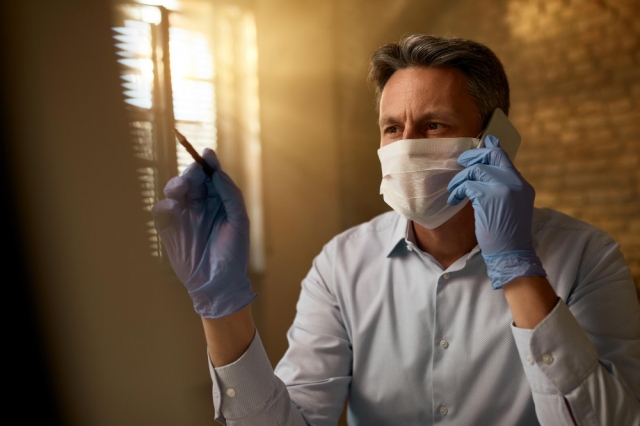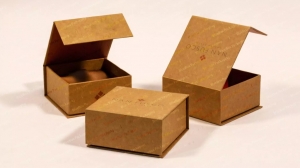Medical professionals handle sharp instruments daily, and their safe disposal protects everyone involved. Needles, scalpels, and syringes must be discarded through reliable and secure procedures. Every action taken to remove these tools reduces hazards in healthcare spaces. Experts rely on well-tested steps that preserve cleanliness and compliance.
Sharps disposal is essential for keeping work environments safe and preventing exposure. The methods used are designed with precision and regulated standards. Every professional understands that responsible management starts immediately after each tool's use. Below are five structured approaches that professionals apply to control sharp waste safely.
1. Using Puncture-Resistant Containers
Professionals place used sharps in sturdy containers that resist punctures. The lids close tightly to stop any chance of accidental contact. Each container is clearly marked to signal hazardous medical material. The process eliminates confusion and keeps tools separated from other waste.
Once containers fill, they are sealed before being transported away. The material and design meet strict safety regulations across healthcare sectors. Workers confirm containers remain upright and undamaged throughout handling. This approach creates an organized, predictable, and secure waste stream.
2. Employing Licensed Waste Collection Services
Trained waste collectors visit facilities to remove sealed containers safely. These specialists follow approved transport routes and handle materials with precision. They document each pickup and verify compliance through traceable records. Every detail is reviewed to guarantee no exposure risks appear during transfer.
Facilities benefit from scheduled visits and consistent service quality every cycle. Coordination between staff and collectors strengthens accountability in waste management. The use of dedicated vehicles ensures containment until final treatment. Professional partnerships help maintain consistent hygiene standards throughout healthcare operations.
3. Applying Autoclave Heat Treatment
Autoclaving neutralizes contaminants with pressurized steam under monitored heat levels. The equipment sterilizes sharps completely before any final disposal phase. Technicians oversee cycles and confirm effectiveness through regular testing measures. This approach supports high safety performance while lowering biological threats efficiently.
After sterilization, waste can be shredded or reduced for storage. The process requires durable containers that withstand intense pressure levels. Facilities appreciate its dependable results under controlled operational conditions. Heat treatment aligns with strict waste regulations and environmental safety protocols.
4. Using Chemical or Encapsulation Methods
Chemical treatment breaks down infectious elements and leaves waste inert. Liquids used for this process remain within secure containment systems. Encapsulation embeds sharps within solid material that prevents leaks or movement. Both methods create barriers that restrict exposure during every phase.
Under this heading, professionals sometimes note three main advantages:
- Quick neutralization of contaminated materials
- Compact storage after treatment reduces the required disposal space
- Compatibility with facilities lacking full-scale waste systems
5. Conducting Staff Training and Routine Inspections
Teams receive instruction on handling tools, sealing containers, and labeling correctly. Supervisors observe habits and reinforce established rules during daily routines. Clear procedures stop the misuse of containers or unsafe transfer habits. Continuous education ensures consistency and sharpens awareness across departments.
Routine inspections evaluate storage areas, record accuracy, and the condition of bins. Auditors record results and suggest improvements for efficiency or order. Corrective actions are applied immediately to strengthen the sharps disposal chain. These checks keep standards aligned with evolving professional requirements.
Partner with Professionals Who Streamline Safe Sharps Management
Healthcare facilities depend on reliable systems that maintain safety and compliance. Professionals in this field develop structured waste programs that prevent exposure incidents. Their expertise ensures smooth disposal, transport, and documentation under regulated procedures. Each solution strengthens workplace safety while supporting operational stability across departments.
These specialists design adaptable plans that meet diverse facility requirements efficiently. Every service integrates safety monitoring, prompt collection, and regulatory accountability. Facilities achieve dependable protection through consistent management of every disposal phase. Those aiming for long-term safety success should connect with experts who deliver precise and proven support.






